- About ARCS
- National Leadership
- FAQ
- Diversity, Equity, and Inclusion
- Members
- ARCS Sparks Award
- ARCS National Luminary Award
- Scholars
- Partners
- Get Involved
- Ways to Give
- News
- Chapters Nationwide
Danaher Foundation Grant Scholars 2024-25

Danaher Investment Aids ARCS in Building a Diverse STEM-Ready Workforce
The Danaher Foundation seeks partnerships that share its desire to impact the world by building a diverse, STEM-ready workforce. It relies on a targeted approach to community investment and a preference for programs and organizations demonstrating a shared commitment to diversity, equity, and inclusion. Danaher Foundation proactively identified ARCS Foundation as an organization that meets its criteria, and in 2024, ARCS Foundation was approved for a grant totaling $100,000. This funding has been used to support the implementation of the Danaher National Impact Awards to five ARCS Chapters between January 1, 2024, and June 30, 2025.
Below are the ARCS Scholars who have received the Danaher National Impact Award. You can read more about the Danaher Foundation grant in this article.

Akshaya V. Annapragada
Metro Washington Chapter Scholar
Johns Hopkins University
Biomedical EngineeringThere is a great need for accessible and sensitive screening approaches for carcinomas worldwide. Annapragada's research focuses on novel artificial intelligence approaches to enable new whole-genome analyses and enhanced understanding of cancer-related genetic changes. These approaches are enabling the development of non-invasive, affordable, accessible blood tests for early detection of cancers across a range of high-impact clinical settings.
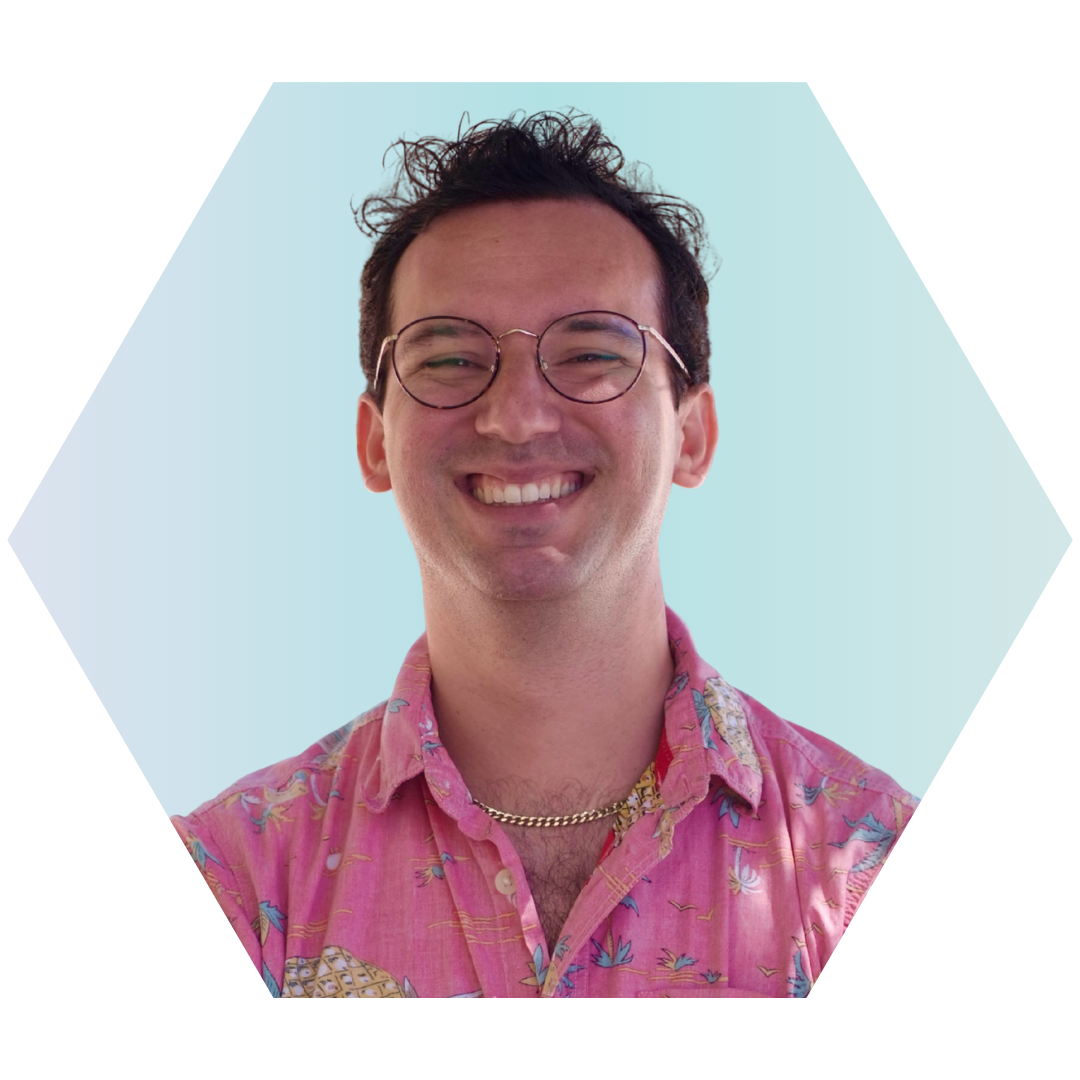
L. Angel Ayala
Orange County Chapter Scholar
UC Irvine
Molecular Biology and BiochemistryAyala’s research focuses on reducing graft-vs-host disease in hematopoietic stem cell engraftment. He is currently the Family Engagement Chair and Council Representative for Associated Graduate Students, has two publications, and has completed twelve presentations.
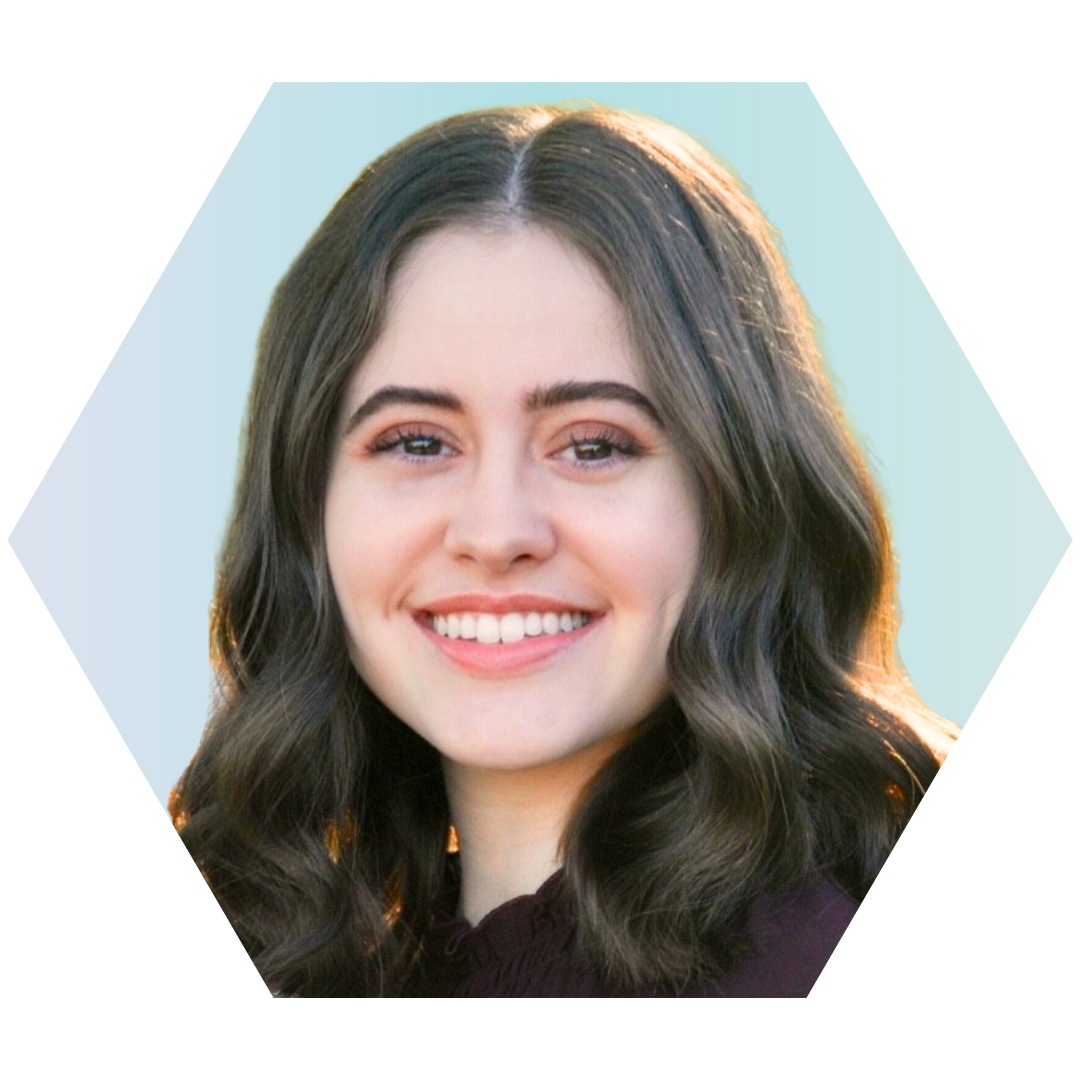
Olivia B. Figueira
Orange County Chapter Scholar
UC Irvine
Computer ScienceFigueira’s research focuses on data privacy, children’s and adolescents’ online privacy, and human-computer interaction. She is currently the Privacy Engineering Intern at Common Sense Media and President of Women in CyberSecurity student chapter at UCI. Figueira has published three publications and completed four presentations.
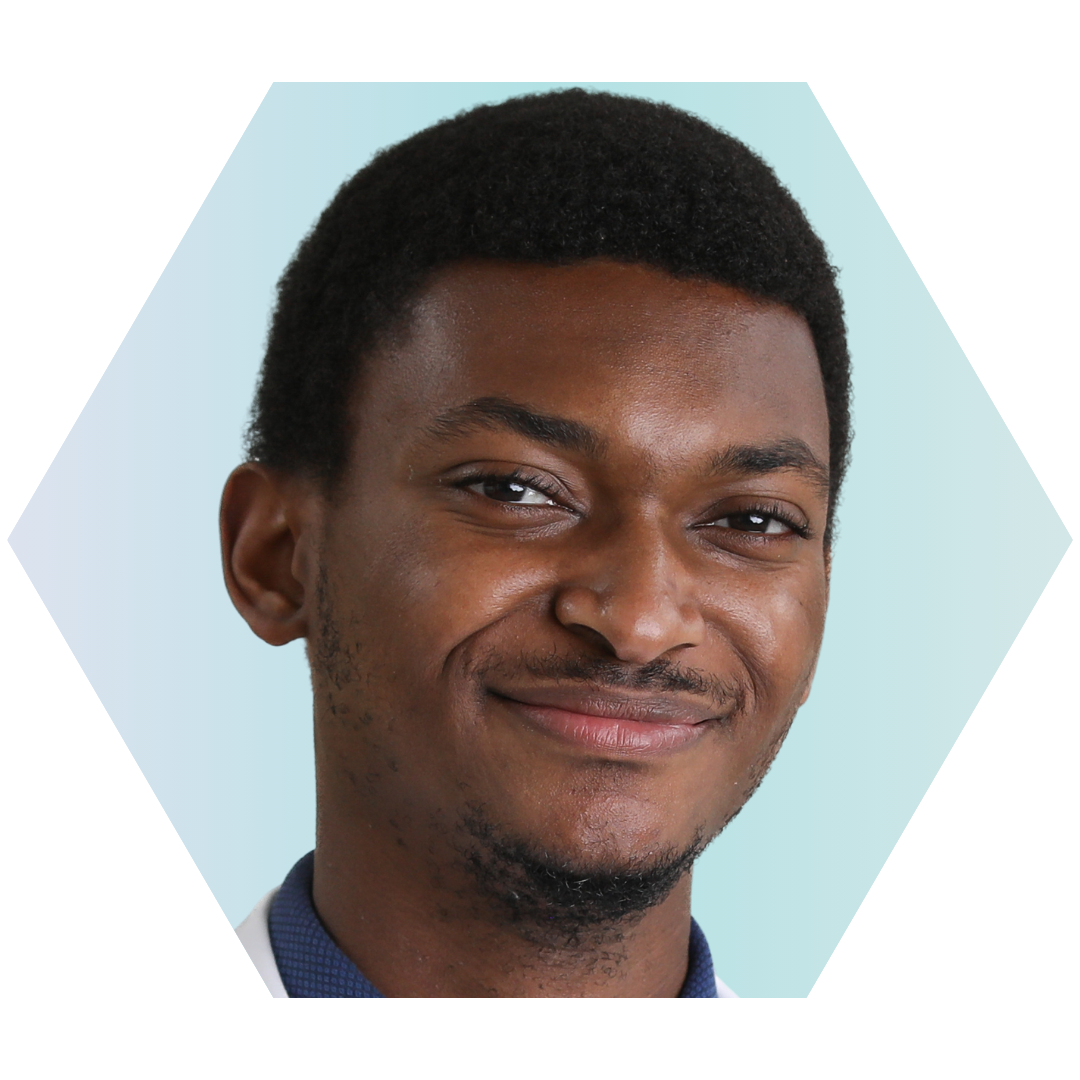
Hendryck Gellineau
Illinois Chapter Scholar
Northwestern University
ChemistryGellineau has often wondered why those who study medicine aren’t also the ones who make and design medicine. He is training to become a physician–scientist to fuse the study and design of medicine to facilitate better drug development. His current research focuses on using metal-based drugs, specifically cobalt complexes, as new antibiotics. Metal-based drugs have been used to fight cancer but are an untapped source of antibiotics. One way cobalt complexes could combat resistant bacteria is by inhibiting their resistance machinery so that old antibiotics can function again. So far, Gellineau has designed and tested four different cobalt complexes, each with some ability to inhibit enzymes that deactivate antibiotics such as penicillin. He is also working on methods to increase the uptake of cobalt complexes into bacteria.
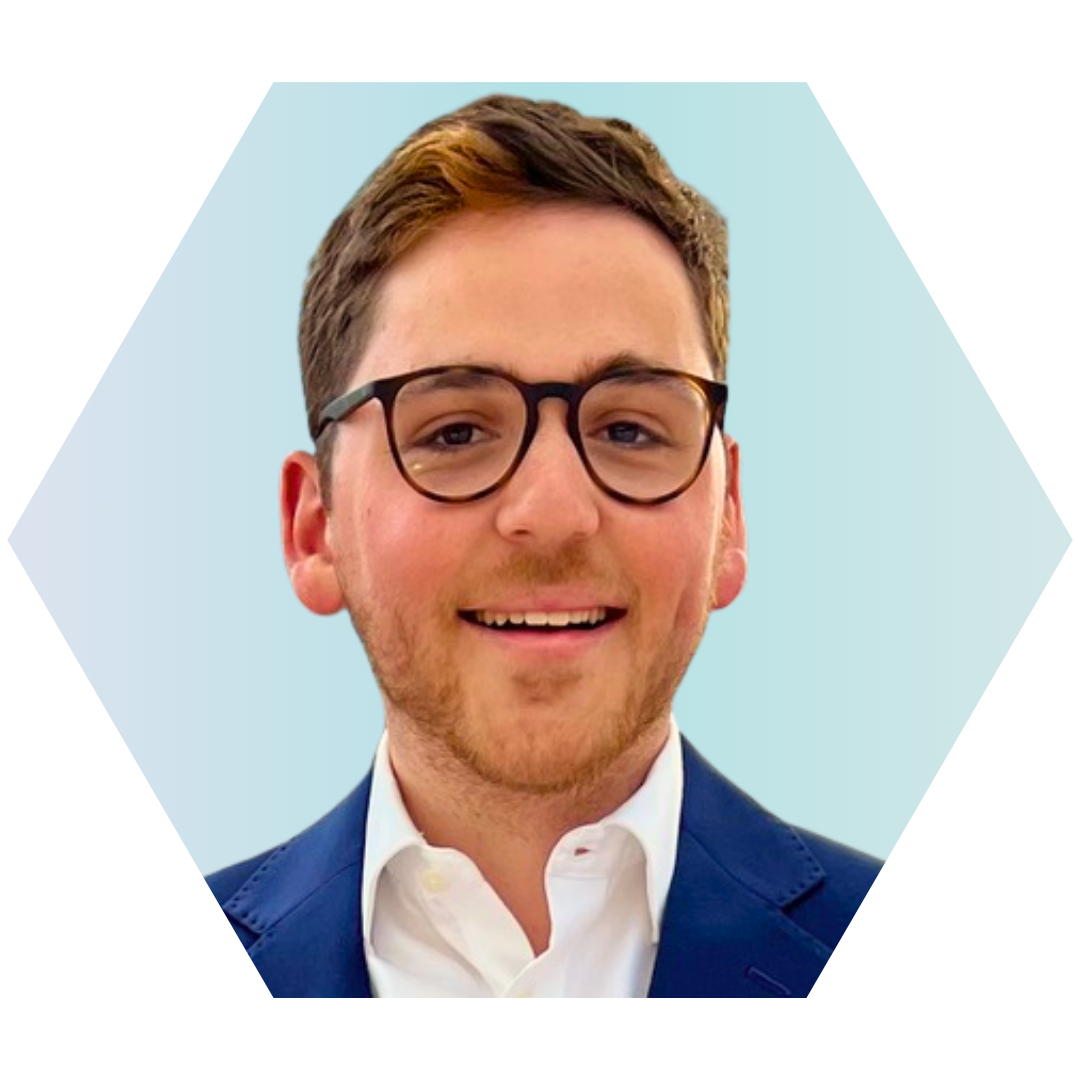
Zachary J. Gold
Metro Washington Chapter Scholar
Johns Hopkins University
Biomedical EngineeringGold’s research involves the development of novel technologies for those with neurological disorders, including a control-theory-based biomarker for characterizing treatment-resistant schizophrenic patients based on EEG data, and the development of a rectal catheter accessory device for those with neurogenic bowel disorder.
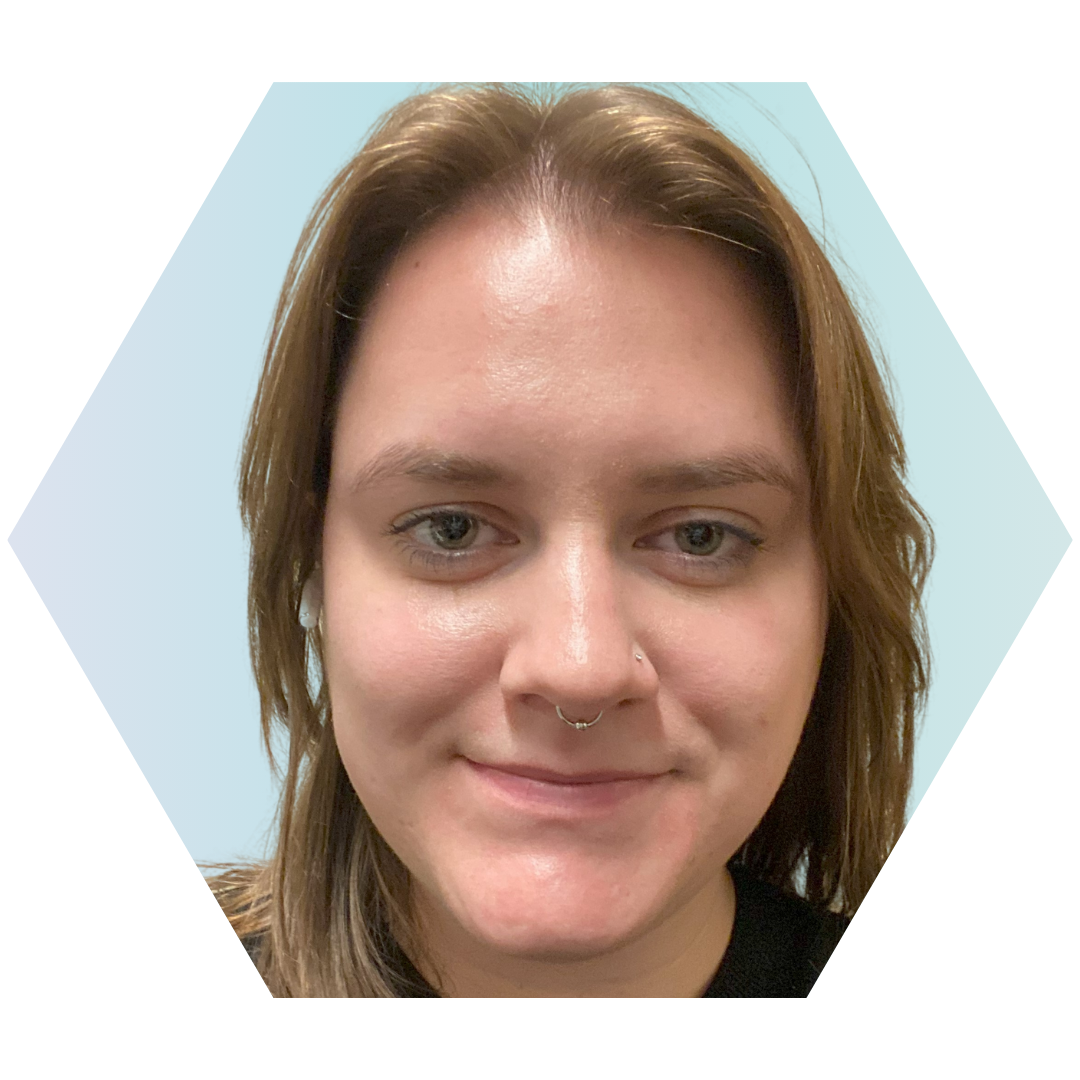
Phoebe Keyes
Minnesota Chapter Scholar
University of Minnesota
Civil, Environmental, and Geo-EngineeringKeyes's work focuses on identifying the degradation products of polymers when they are exposed to environmental elements such as sunlight. Polymers are large molecules, but when they enter the environment, they get smaller through chemical reactions and, therefore more mobile and potentially toxic. Keyes aims to understand what polymers, such as plastics, are turning into in different environmental conditions.
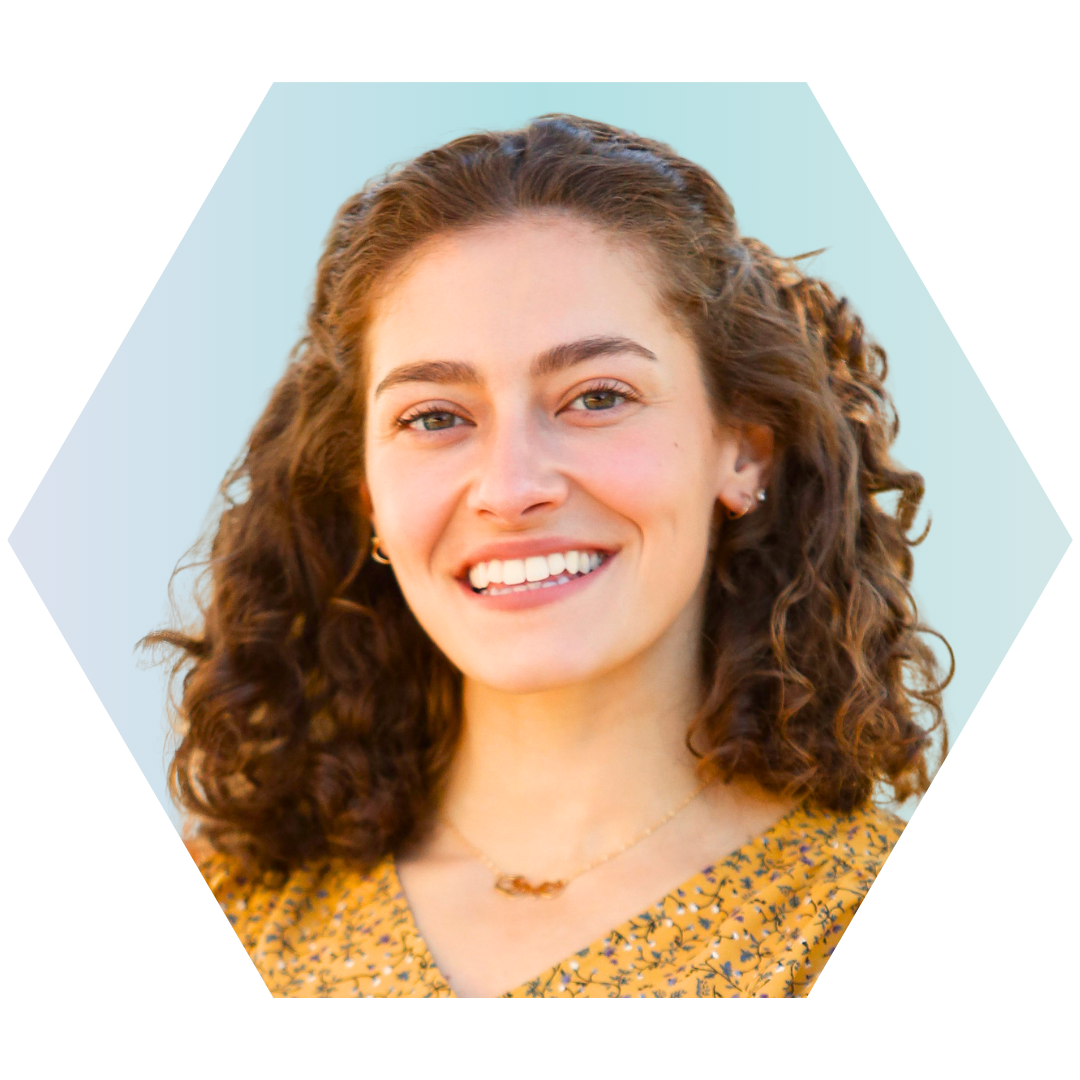
Najwa Labban
Metro Washington Chapter Scholar
University of Virginia
Biomedical EngineeringMost breast cancers are treated with surgery, radiation, and hormone therapy, but not all women respond equally to these therapies. Labban’s research uses breast cancer cells from patients to engineer tumor “organoids” that more accurately mimic the disease process within the body for testing new and approved therapies and for understanding the origins of therapeutic resistance.
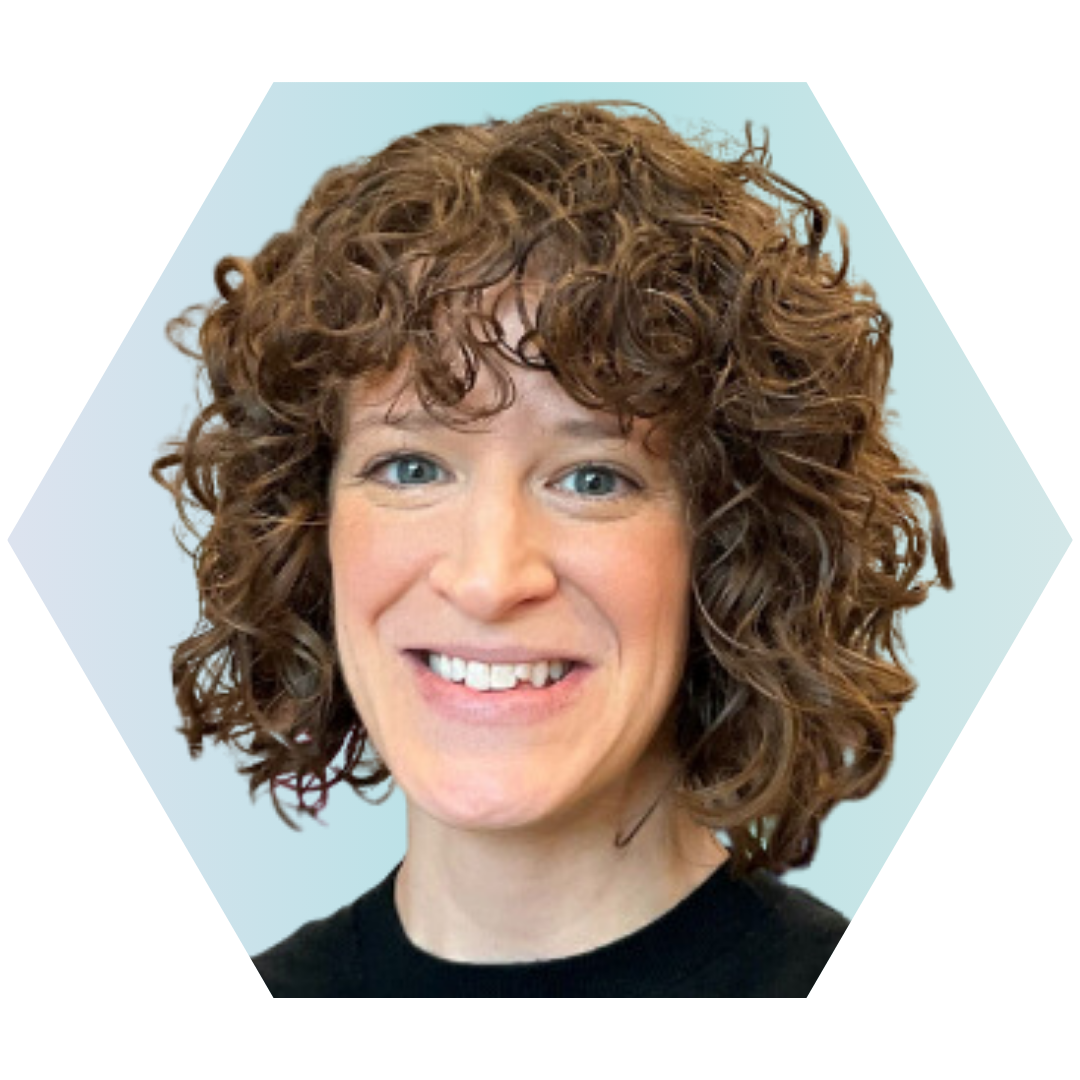
Cara-lin Lonetree
Minnesota Chapter Scholar
University of Minnesota
Immunology and MicrobiologyLonetree’s research focuses on genetic engineering of CD8 T cells for novel and effective treatment of pancreatic cancer. CD8 T cells are a crucial component of the immune system that fights off foreign viruses and bacteria, as well as our own cells that have become cancerous. While pancreatic cancer is very good at shutting down the T cells that have made their way into tumors, decades of research have enabled us to manipulate T cell DNA in ways that may improve their functionality and persistence in the solid tumor microenvironment (TME).
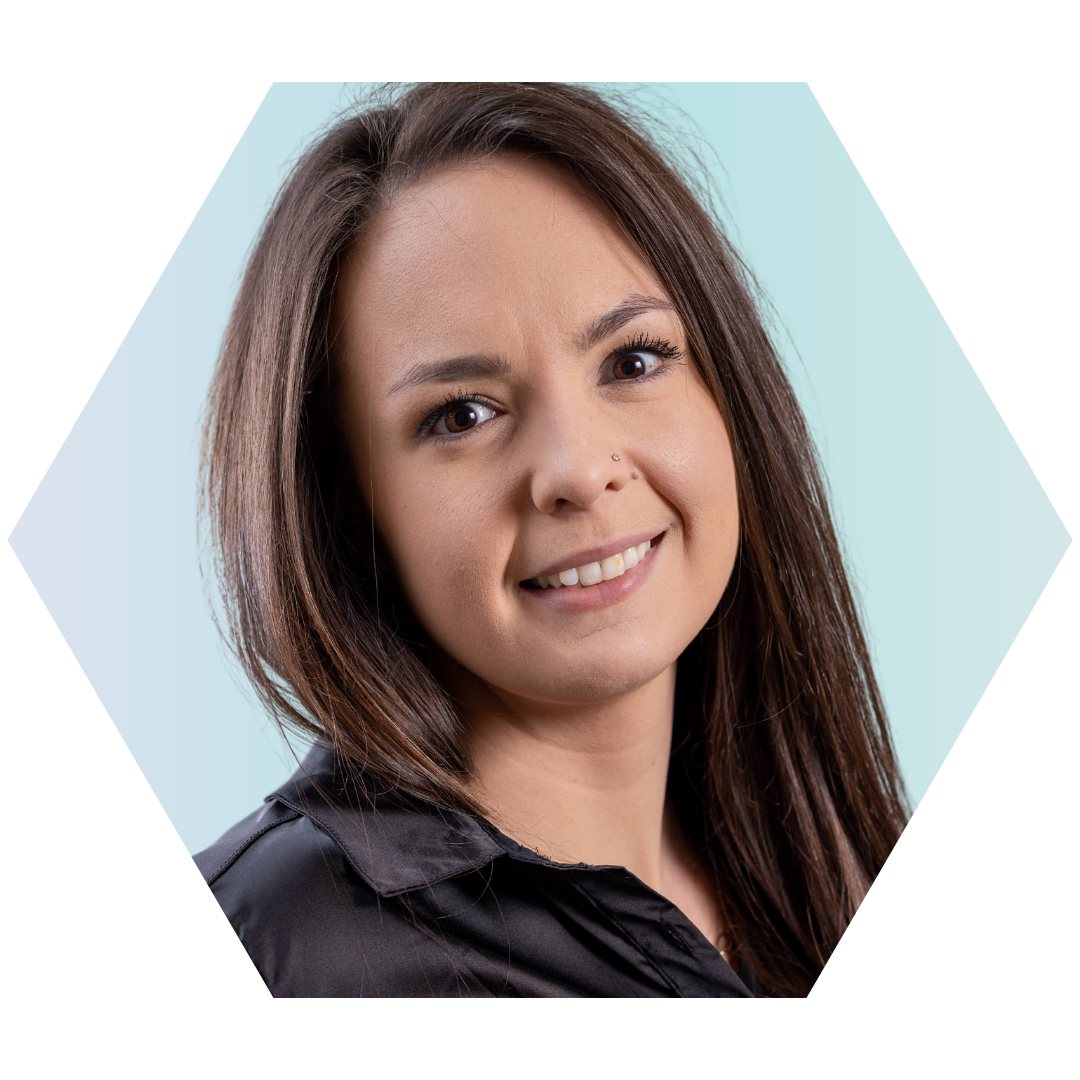
Louise Pitcher
Minnesota Chapter Scholar
University of Minnesota
Biochemistry, Molecular Biology, BiophysicsPitcher is studying the effects of aging on the underlying mechanisms of cellular rejuvenation and the loss of a cell's power to divide and grow. Her research guides her drug discovery efforts by looking at data from multiple sources to give a more comprehensive understanding of molecular changes contributing to normal development, cellular response, and disease. Pitcher’s goal is to discover or improve a life-changing drug and get it to those who need it.
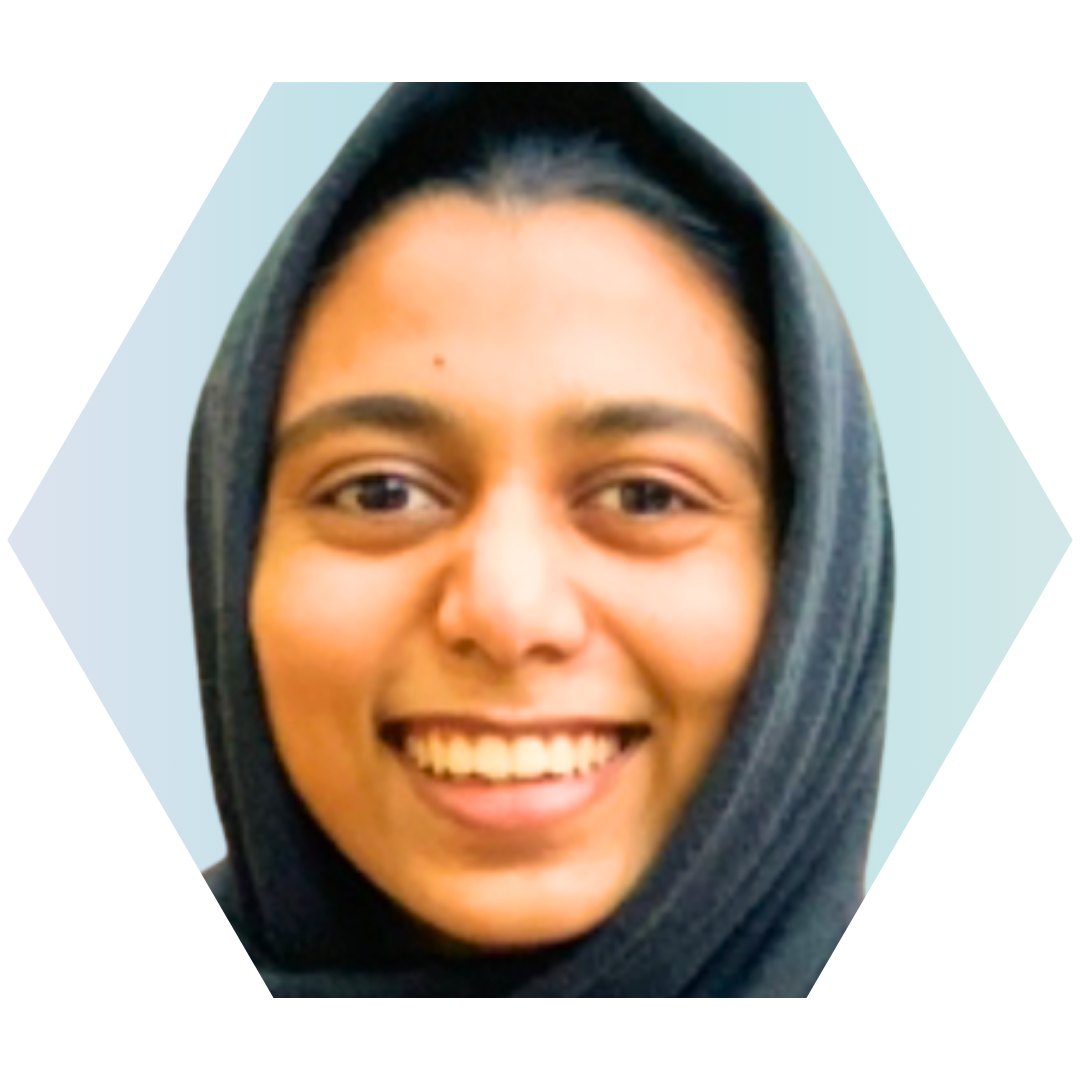
Sabahat Rahman
Metro Washington Chapter Scholar
Johns Hopkins University
Biomedical EngineeringRahman is currently working on two cancer research projects that focus on personalized care and treatments. The first project will develop a device that measures individual patient melanoma stiffness in situ, with the intent of diagnosing melanomas earlier. The second project will use computational tools to model patient-specific reactions to various immunotherapies such as neo-antigen vaccines. These specialized treatments could prevent the deleterious side effects associated with nonspecific therapies.
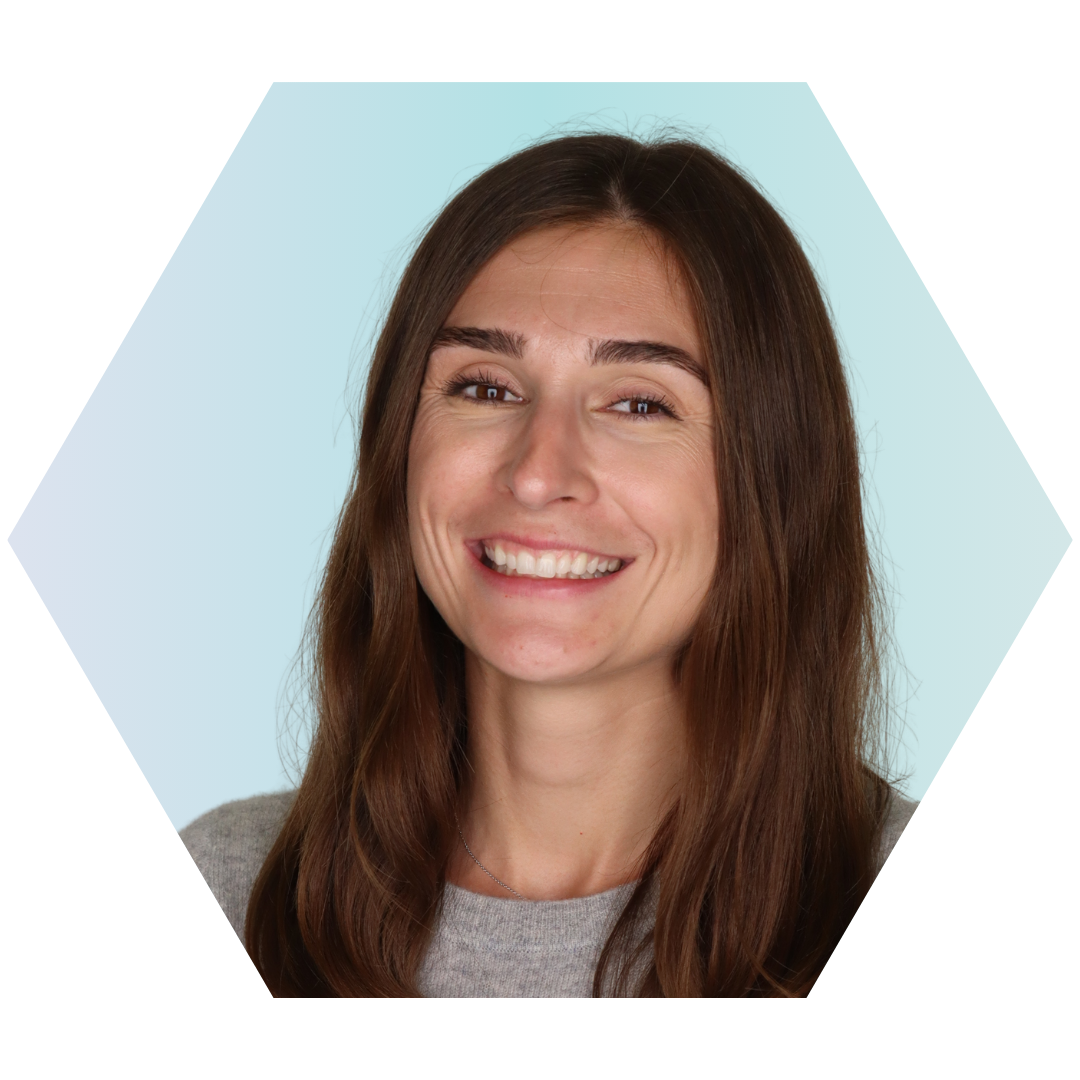
Olivia S. Ritchie
Orange County Chapter Scholar
UC Irvine
Biomedical EngineeringRitchie’s research focuses on combining cell and gene therapy for the treatment of monogenic diseases. She currently serves as the Communications Officer of the Graduate Association of Biomedical Engineering Students and club advisor to Girls in Med. Ritchie has one publication and has completed four presentations.

Arabi Seshappan
Northern California Chapter
UC Merced
PhysicsSeshappan is a native of the San Francisco Bay Area, and she is currently an ARCS Scholar at UC Merced and pursuing a Fulbright year in France at the Université of Paris-Saclay. Arabi found her path towards pursuing a PhD in physics after attending Chabot College in Hayward, which inspired her to study chemistry and transfer into the UC system. After graduating from UCLA with a B.S. in chemistry, she conducted an LSAMP Bridge to Doctorate fellowship at California State University, Los Angeles in physics. She found her way to UC Merced, where she now computationally studies the properties of materials—the interface of chemistry and physics. Ultimately, Arabi’s goal is to become a professor of physics at a Hispanic-Serving Institution or a Historically Black College/University.
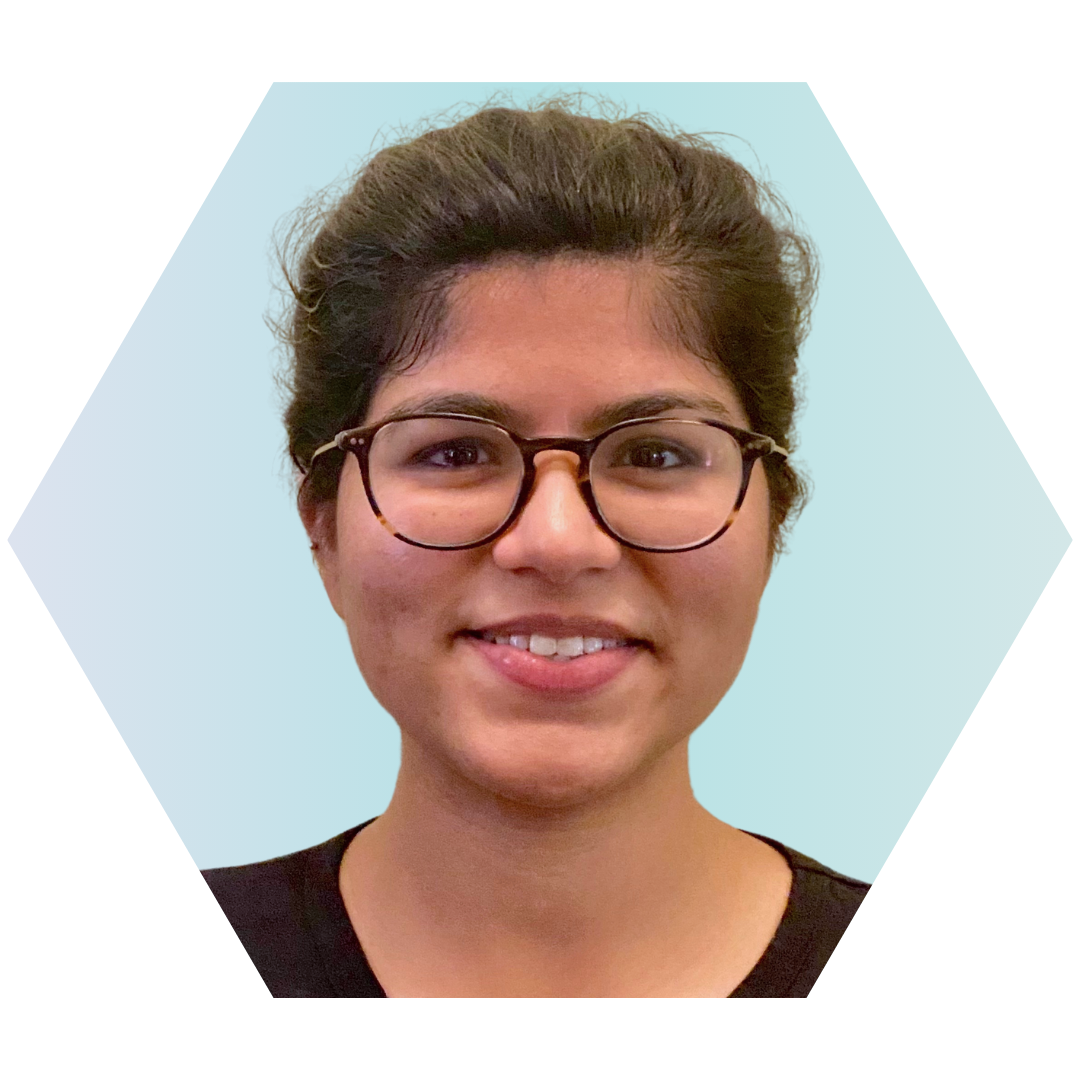
Sofia Sheikh
Illinois Chapter Scholar
The University of Chicago
Ecology & EvolutionMillions of years of evolution have resulted in a vast diversity of organisms; yet recent studies show that much of this diversity originated via small changes or redeployment of old genes rather than the evolution of new ones. However, the mechanistic basis of this genetic co-option process remains unclear. Sofia is investigating the evolutionary origins and functional basis of co-option using swallowtail butterflies, in which mimicry has evolved by repurposing a gene that controls sex differentiation across insects. These understandings can teach us about microevolutionary processes such as gene co-option; they can also inform how to approach conservation issues as species deal with rapidly changing environments.
To view the 2023-24 ARCS Danaher Foundation Grant Scholars, follow this link.
